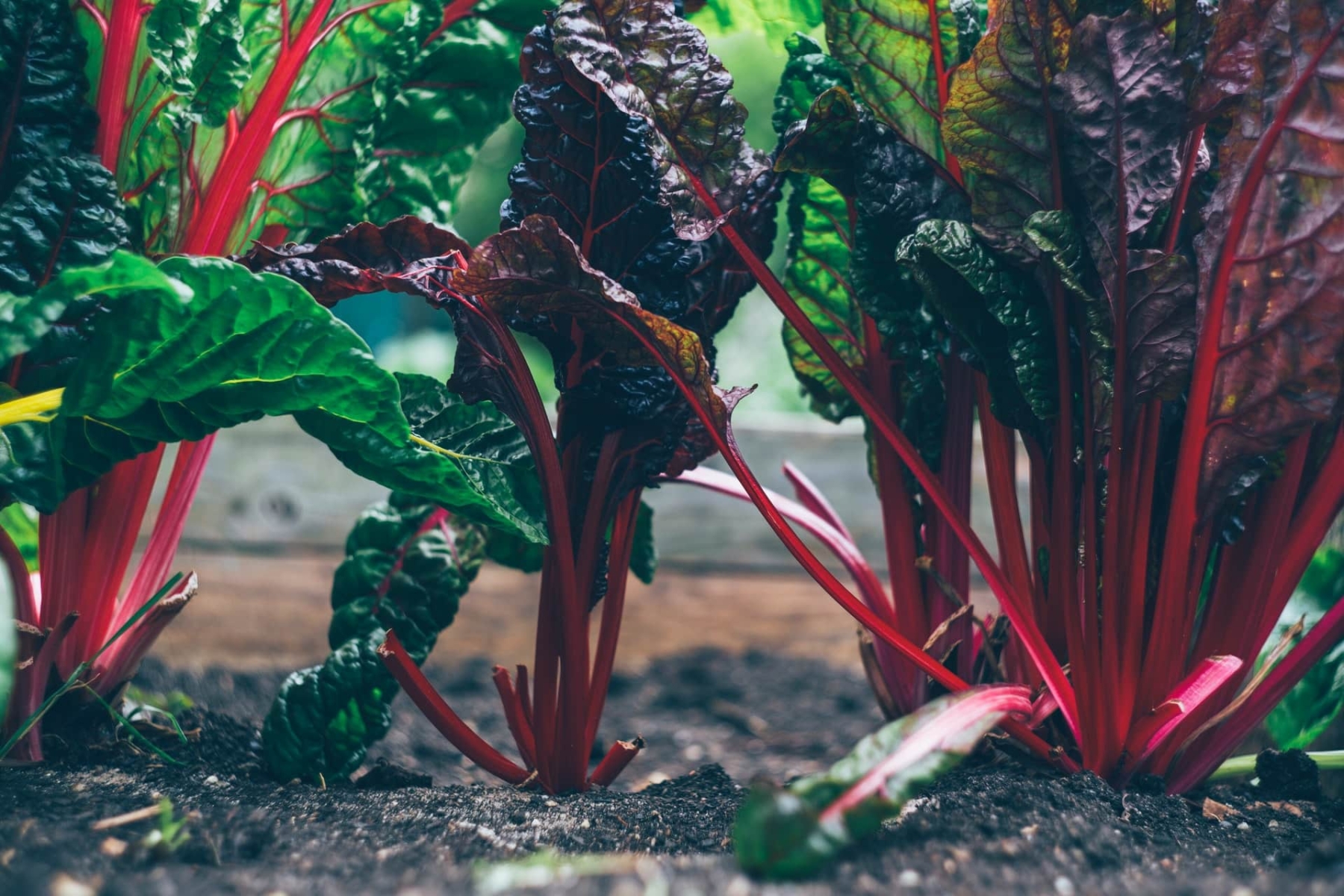Organic Agriculture
Benefits of Algae Agricultural Polymer Systems
How do algae agricultural polymers benefit agriculture?
Algae are natural fertilizers that can boost crop yields. They also help plants resist frost and increase the uptake of inorganic constituents in soil. This type of fertilizer also deters insects such as birds and slugs. It is mostly used for organic gardening, as it contains nearly every micronutrient in chelated form, as well as carbohydrates and trace elements. In addition, they promote healthy growth and resist disease. Another application of algae in agriculture involves the dilution of agrochemicals and the treatment of fertilizer. The benefits of algae-based agrichemicals include improved seedling quality, crop yield, and quality, and increased pesticide control efficacy and dosage. By reducing the need for pesticides, algae-based fertilizers reduce the cost of agrichemicals. Agricultural polymers can also be used in seedling soaking and irrigation.

Zero Thermal™ (ZT) Organic Polymer
Zero Thermal™ (ZT) is an organic polymer and technology derived from algae media. The ZT Polymers are derived from extracts of brown seaweeds, red and green algae that are mainly polysaccharides, phlorotannin’s, proteins and nucleic acids. Polymers show a variety of biological activities in both plant and animal systems and are involved in host defense mechanisms. There is interest in agriculture in polymers that elicit defensive responses resulting in protection against pathogens or insect damage. Pathogen suppression can also occur with a high degree of confidence through indirect inhibition. By converting the iron in soil into a chelating agent that manipulates the iron so that it becomes unavailable to pathogenic fungi and allows certain native bacteria that have a positive effect on plant growth to grow under iron-limiting conditions.
Algae Molecular Biomineralization Technology
Algae Polymers are a new and exciting discovery in biomineralization developed from algae. Algae are composed of mostly polysaccharides, phlorotannin, proteins, and nucleic acids. Algae Polymers are used in many industrial processes. They include soil and water remediation, agriculture, aquaculture, poultry, aquaculture, poultry, mining, petroleum, and water-based ecological protective coatings. Using algae-based polymers is an environmentally friendly and cost-effective way to produce polymers for petroleum and oil applications.
Zero Thermal™ (ZT) POLYAG Polymer System benefits on crops
Organic molecules such as organic acids, methionine and even polyamines in ZT Algae concentrates can increase nutrient absorption in plants by chelating (bonding) to the available nutrients, thereby increasing their absorbance. Nutrient content in rice in China was found to increase by 12.6% and 15.1% when the plants were sprayed with our protective coatings. The most recent study demonstrated a plant resistance towards the uptake of heavy metals in both the cellulose and the seeds as well.
In addition, in Central America it was observed that ZT Polymer extracts influence on Cu uptake of papaya, melons, bananas and coffee plants was attributed to increasing membrane permeability of roots, leaves and stoma cells, effecting their involvement in cell respiration, photosynthesis, and various enzymatic reactions.
The ZT POLYAG Polymer System and products seem to have a significant role in chlorophyll content and the photosynthetic rate of plants. In detail, plants treated with the product had a higher availability of carbohydrates that were attributed to the increased chlorophyll contents and stomatal densities, which resulted in a significant increase in photosynthetic rate.
ZT Polymer is a natural product derived from algae which improves plant vigor, root development, chlorophyll synthesis, and overall plant health. It will also promote earlier flowering and improve the overall health of the plant. Polymers have multiple uses in agriculture. They improve seed production, prevent insect infestation, inhibit bacterial and fungal propagation, and extend the shelf life of seeds. Adjuvants are substances that enhance the performance of other substances. ZT enhances the effect of pest-control products by acting as an adjuvant enhancing the effectiveness of pesticides. It is possible to reduce the costs of pest control using pesticides by reducing the dose of pesticide in the soil when polymers are added.

Zero Thermal Facts
- A truly revolutionary discovery in biomineralization.
- Developed from algae.
- Cryptobiotic viscoelastomeric elastomeric polymer.
- The elastomeric polymer has multiple technical and organic advantages.
- Considered a nanotechnology polymer.
- Can be used as an advanced additive for industry.
- Patented and registered in the United States.
- Technology protected with 5 unpublished protected trade secrets.
- USDA Biobased Certified 68% Organic.
